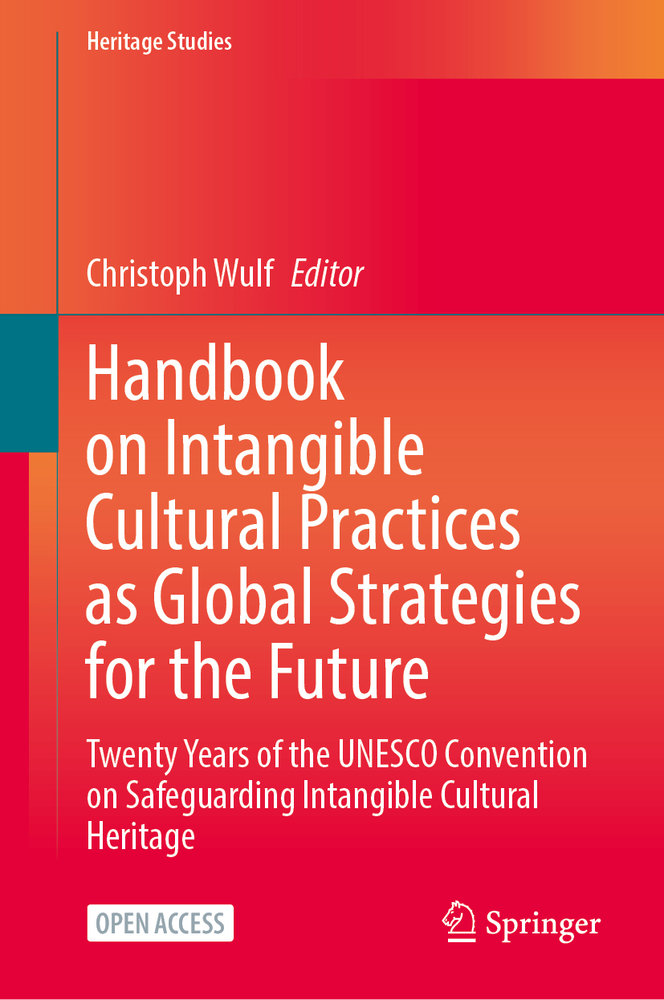This open access handbook is the first to take stock of and to provide a comprehensive international interdisciplinary review of developments in living culture since the Convention on Safeguarding Intangible Cultural Heritage began in 2003. It is based on an expanded concept of culture, as it has been used in UNESCO since the 1980s and signed by more than 180 countries. The convention makes clear the significant role of the Global South in raising planetary awareness of the importance of intangible cultural practices.
The first part of the book examines the relationship between the 1972 World Heritage Convention and the 2003 Convention on Intangible Cultural Heritage. The second part of the book focuses on colonialism, minorities, inequality, and the struggle for human rights. Perspectives from Nigeria, Brazil and the US show how colonialism still has a lasting effect today and what role the practices of intangible cultural heritage play in the struggles for the recognition of minorities. The third part looks at the contribution of intangible cultural heritage practices to the creation of meaning, community, and identity. How are these practices designed so that they allow as much participation as possible and lead to a successful handling of conflicts? The focus is on bottom-up processes. Part four examines several areas of aesthetics including music, dance, song, museum, architecture, and theater showing the importance of the aesthetic dimension and its contribution to the formation of individuals and communities. The fifth and final part of the book examines central problems of living culture and intangible cultural practices. This includes articles on new forms of community building, significance of digital and post-digital culture and metaphors. In the coming decades, intangible cultural heritage practices will become increasingly important for sustainable and peaceful planetary communication, to which the balance of this book and the perspectives based on it will make a significant contribution.


